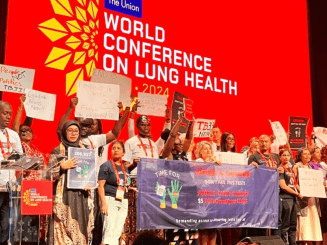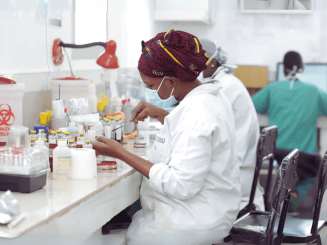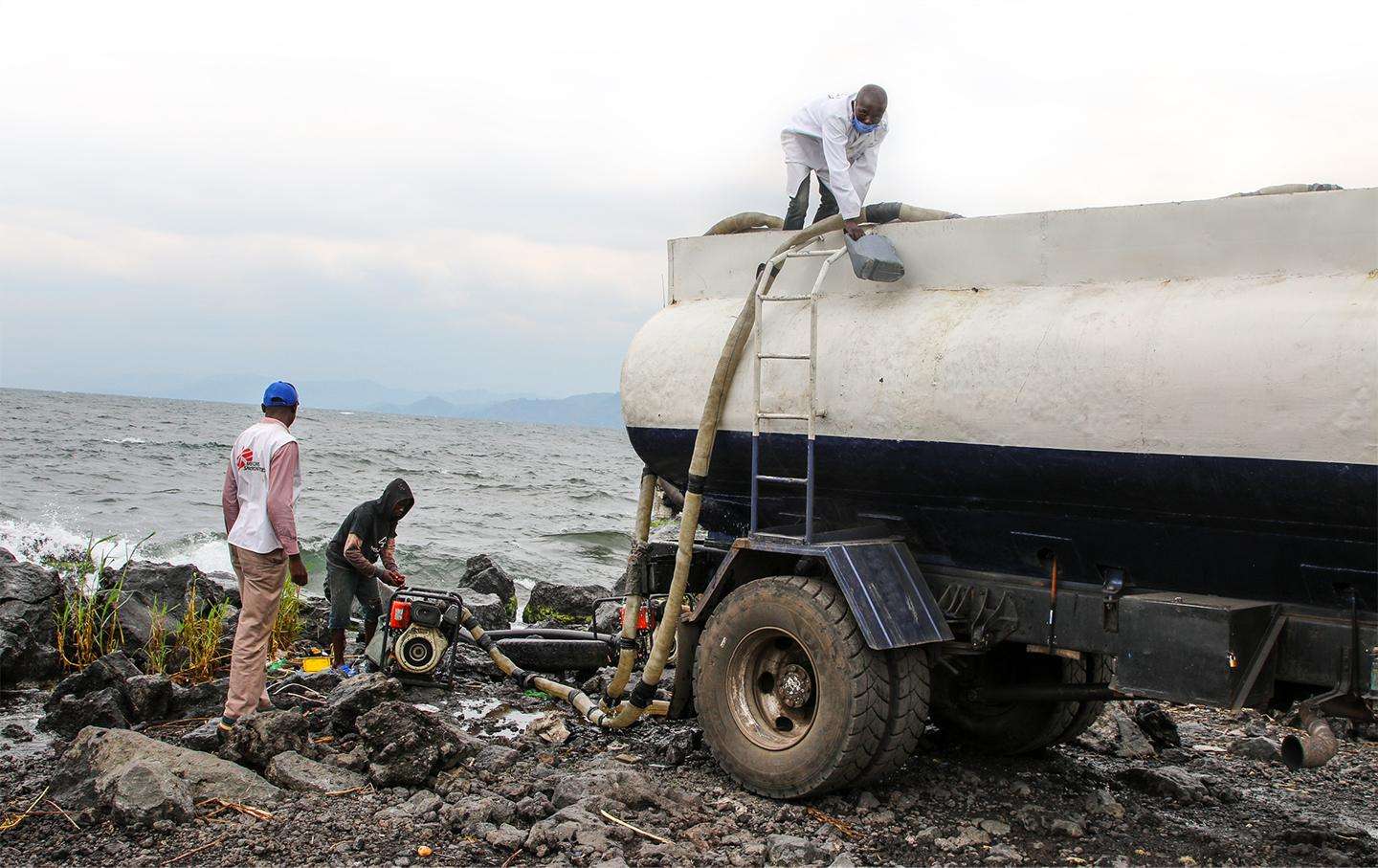Gaza: Hundreds of patients, including newborns, at risk as multiple hospitals run low on fuel
News Jan 08, 2025
Get the latest news, stories, videos, and more from our medical humanitarian projects around the world.

News Jan 08, 2025
Speaking out about the emergencies our staff and patients witness is part of who we are. Explore our history and principles.
Story | Nov 26, 2024
Public awareness, stronger infection prevention control, better control of antibiotic use, and access to microbiology services are important measures to address antimicrobial resistance.
Read more
News | Nov 12, 2024
US corporations Cepheid and Danaher continue to profiteer off tests for diseases like XDR-TB, HIV, and hepatitis C.
Read more
News | Oct 15, 2024
It’s estimated that only half of children worldwide who have TB are diagnosed and treated.
Read more
News | Sep 24, 2024
AMR remains a leading cause of death worldwide nearly a decade after UN member states agreed to make it a priority.
Read more
Research | May 23, 2024
Global action must be taken to avert a looming humanitarian crisis.
Read more
Story | May 15, 2024
We have treated many thousands of patients with drug-resistant bacterial infections, and have noted with alarm the increasing rates of resistance.
Read more
Story | May 07, 2024
As Mosul recovers from deadly violence, MSF hands over activities at the hospital we opened during the war.
Read more
Story | Apr 25, 2024
Communities where MSF operates are among the most vulnerable to AMR.
Read more
Research | Nov 15, 2023
Resistance to antibiotics has become a global health crisis, complicating the treatment of bacterial infections and endangering lives around the world.
Read more
Research | Nov 15, 2023
AMR is recognized by the World Health Organization as a major public health threat.
Read more

Your unrestricted gifts enable us to provide lifesaving medical humanitarian care on the ground and speak out about what we see.